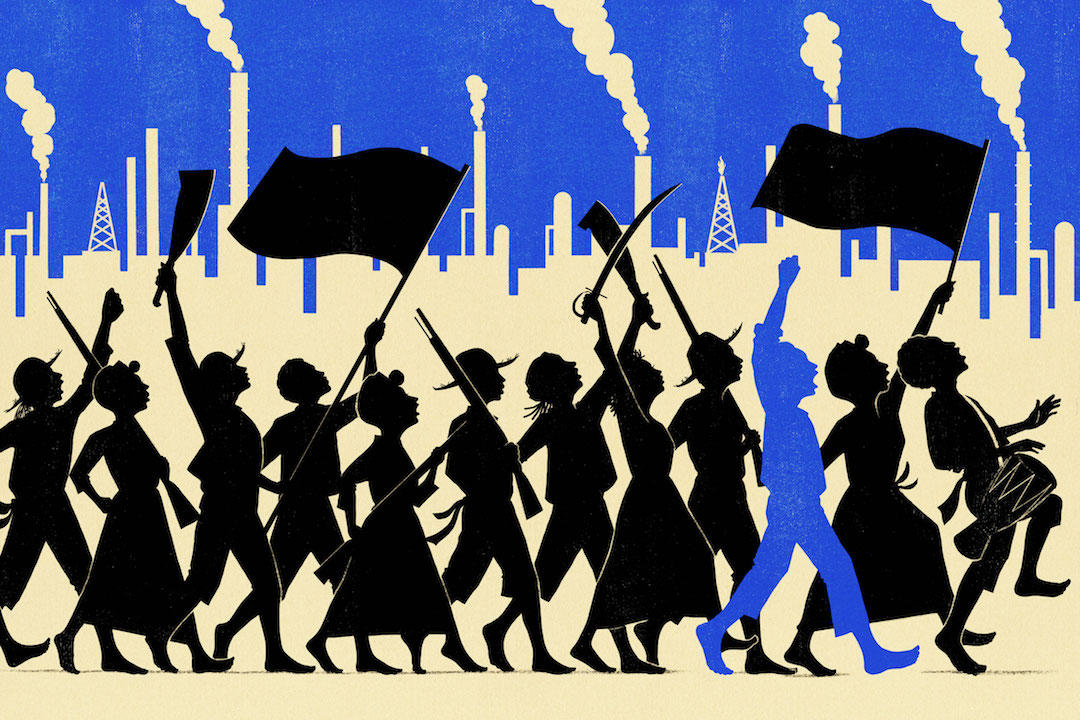When you watch The Hunger Games, or Braveheart, or think about the American Revolutionaries, it’s easy to see yourself as one of them. Rebellion against a tyrannical power looks inspiring and enticing.
These portrayals are all about the people – of which you are one – against the big nasty government tyrant. You see the price paid by the rebels – physical threat, torture, death – and you see the inspiration they create and the crowd of people behind them. It looks doable.
The problem with these portrayals is they aren’t very realistic. They make it look too easy. A common scene is a crowd of frightened, oppressed people, all of whom hate the tyrants equally but stand still only for fear of physical retribution, until a brave soul defies them. Even if no one says it, the rebel knows they all stand with her in spirit.
In the real world tyranny looks different and rebels rarely get praised.
The thing most often preventing resistance to tyranny isn’t the guns of the tyrants, it’s the people’s love of tyranny. Rebels rarely inspire in real-time. Instead, their oppressed fellows hate them. They call them names. They accuse them of being selfish, ignorant, crazy, dangerous. They heap more shame and derision on the person who stands against the tyranny that oppresses them all than they do on the tyrants.
To defy tyranny does not make one popular among the oppressed, because the oppressed are part of the tyranny.
Our idea of sacrifice for a good cause doesn’t go deep enough. It’s not that you must have the courage to die for what you believe in. It’s that you must have the courage to have your reputation murdered. You have to be willing to not only face physical threats from the state, but to be seen as evil by the majority of people. You will not only suffer for a cause, you will be utterly misunderstood and vilified by the very people you represent. They will view your cause as stupid and your suffering as just.
Why don’t people stand up to tyranny more often? There’s so many more oppressed than tyrants, and the oppressed have so much more power. Except that most of them view resistance to evil as evil.
If you stand for freedom don’t expect to be saluted and thanked by your fellow man. Don’t expect to start a movement. It rarely happens. You’re more likely to lose your reputation at the hands of the masses than your life at the hands of the tyrants.
As I’ve written elsewhere, death is not the ultimate sacrifice.




